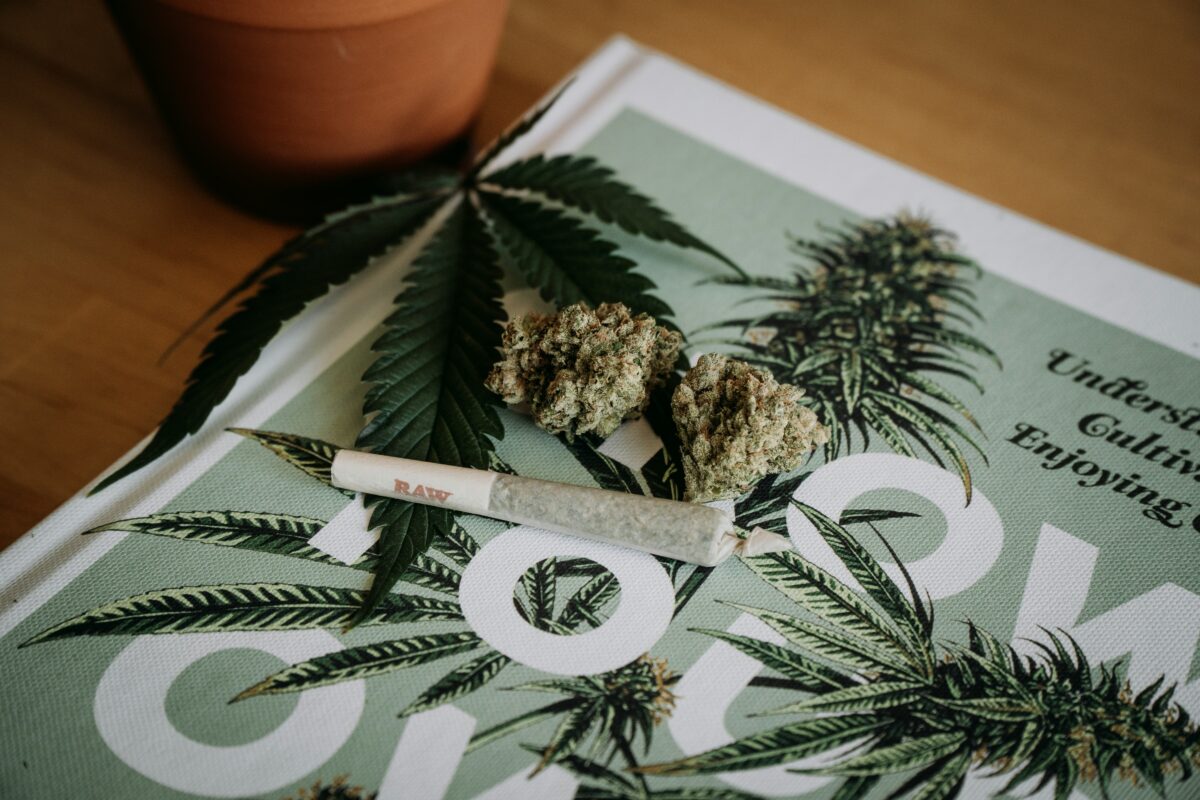CBD Knowledge
The Legal Landscape of CBD in Texas
CBD Legality – The journey of CBD’s legal status in Texas has been a rollercoaster ride, marked by significant milestones and ongoing debates. Understanding the current legal landscape of CBD in Texas is crucial for consumers, businesses, and advocates who want to navigate this rapidly evolving industry.
The Early Days and Legislative Milestones
CBD, or cannabidiol, is a non-psychoactive compound found in hemp plants. Its popularity surged due to its potential health benefits, such as reducing anxiety, alleviating pain, and improving sleep. However, its legal status in Texas has not always been clear.
The turning point came in June 2019 when Governor Greg Abbott signed House Bill 1325 into law. This bill legalized the cultivation of industrial hemp and the production and sale of hemp-derived products, including CBD, as long as they contain no more than 0.3% THC (tetrahydrocannabinol). THC is the psychoactive component of cannabis that can produce a “high.” This legislation aligned Texas with the federal Farm Bill of 2018, which legalized hemp at the national level.
Current Regulations and Compliance
Today, CBD products are widely available across Texas, from specialty stores to mainstream retailers. However, businesses must comply with specific regulations to ensure their products are legal. The Texas Department of State Health Services (DSHS) oversees the registration and regulation of CBD manufacturers and retailers. They require that all CBD products be tested by third-party laboratories to verify their THC content and ensure they are free of harmful substances like pesticides and heavy metals.
One critical aspect of the legislation is the requirement for accurate labeling. CBD products must include information about their THC content, the amount of CBD per serving, and a QR code or website link to the lab test results. This transparency helps consumers make informed choices and promotes trust in the industry.
Challenges and Ongoing Debates
Despite the progress, the legal landscape of CBD in Texas is not without its challenges. One significant issue is the lack of FDA approval for many CBD products. The Food and Drug Administration (FDA) has only approved one CBD-based drug, Epidiolex, for treating certain forms of epilepsy. This lack of regulation at the federal level leaves a grey area for other CBD products, leading to varying quality and efficacy.
Another ongoing debate revolves around the legal distinction between hemp-derived CBD and marijuana-derived CBD. While hemp-derived CBD is legal under the 2018 Farm Bill and Texas law, marijuana-derived CBD remains illegal in the state, except for limited medical use under the Texas Compassionate Use Program. This program allows patients with specific conditions, such as epilepsy and multiple sclerosis, to access low-THC cannabis oil.
Looking Ahead
The future of CBD in Texas looks promising but uncertain. Advocates continue to push for more comprehensive legislation that would expand access to medical cannabis and clarify regulations for CBD products. In the meantime, consumers and businesses must stay informed about the latest legal developments to ensure they remain compliant.
For those looking to explore the benefits of CBD, it’s essential to purchase products from reputable sources that adhere to state regulations. Look for products that provide third-party lab test results and clear labeling. By staying informed and vigilant, Texans can safely navigate the legal landscape of CBD and enjoy its potential benefits.
In conclusion, the legal landscape of CBD in Texas has come a long way, from ambiguity to a more structured framework. While challenges remain, the ongoing dialogue and legislative efforts promise a brighter future for CBD enthusiasts in the Lone Star State.

